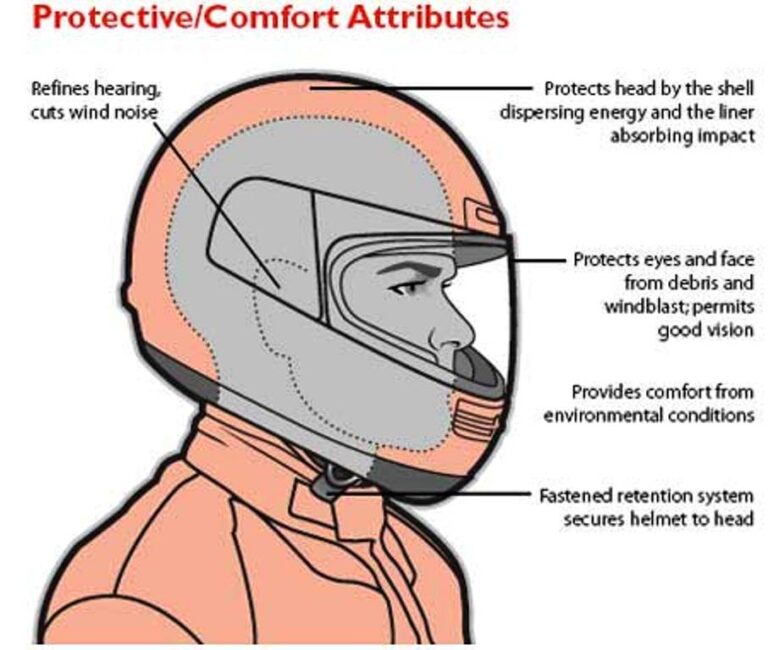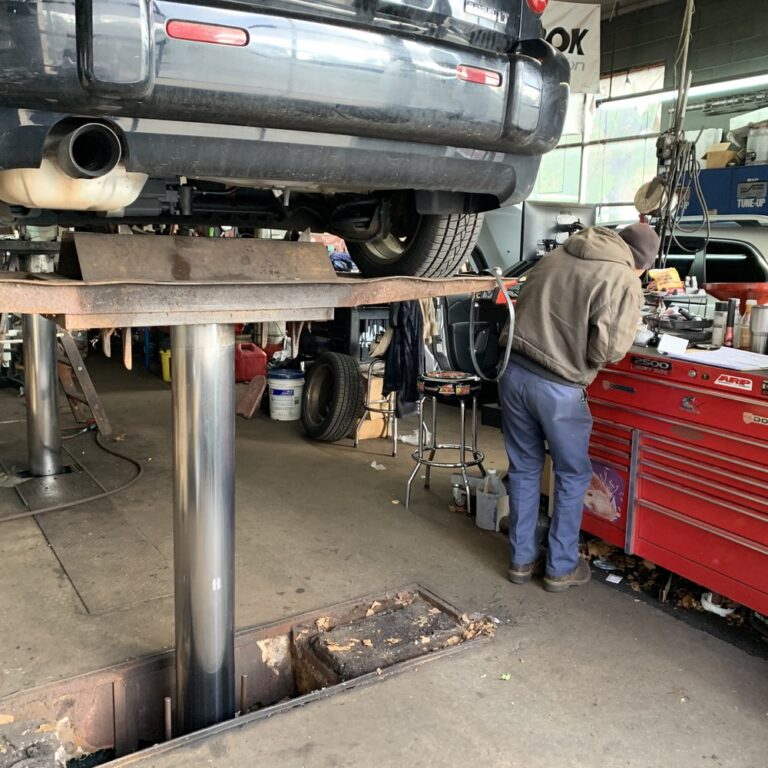Hybrid Automotive Maintenance Tips: Keep Your Vehicle Efficient and Reliable
Hybrid vehicles offer the perfect blend of fuel efficiency and environmental responsibility, but they also come with unique maintenance needs. Whether you drive a compact hybrid sedan or a plug-in SUV, knowing how to care for your vehicle properly can help you maximize performance, extend battery life, and avoid unexpected repairs. This guide outlines essential hybrid automotive maintenance tips that every owner should know. Designed for drivers who want to protect their investment and get the most out of their hybrid vehicle, these tips will keep you confidently on the road and ahead of costly surprises.
Understand the Key Differences in Hybrid Maintenance
While hybrid cars share many components with traditional gas-powered vehicles, they also feature an electric drive system and a high-voltage battery pack. This combination changes how certain parts wear and how systems should be serviced. For example, regenerative braking helps extend brake pad life, while the electric motor reduces engine strain. However, hybrids still require regular oil changes, coolant checks, and transmission inspections just tailored to a hybrid’s specific design. Being aware of what sets hybrid maintenance apart helps you avoid neglecting crucial systems and ensures smoother long-term ownership.
Keep Your Hybrid Battery Healthy for the Long Haul
One of the most expensive and essential components in a hybrid vehicle is the battery. Fortunately, with proper care, these batteries often last well beyond 100,000 miles. Avoid extreme temperatures when possible, as both heat and freezing conditions can degrade battery performance over time. If your hybrid has a plug-in function, follow manufacturer recommendations for charging cycles to prevent overcharging or deep discharges. Some vehicles offer battery health monitors or diagnostic tools use them regularly. And don’t skip battery cooling system maintenance, as clogged filters or faulty fans can shorten battery life.
Stay Current on Software and System Diagnostics
Modern hybrids rely heavily on computer systems to manage energy flow, monitor performance, and optimize fuel efficiency. Keeping your vehicle’s software up to date ensures that all systems are functioning at their best. Regular visits to a dealership or hybrid-certified mechanic can help identify updates, resolve check-engine lights, and run full diagnostic tests that check both gas and electric components. Hybrid owners benefit from being proactive, as many issues begin subtly and can be resolved quickly with the right tools before they lead to more complex repairs.
Don’t Ignore Conventional Maintenance Basics
Even with cutting-edge technology under the hood, hybrid vehicles still require standard maintenance. Oil changes, tire rotations, brake fluid checks, and air filter replacements are just as important for hybrids as they are for any vehicle. In fact, because hybrids tend to be heavier due to battery packs, tire wear and suspension components can show stress earlier. Use synthetic oil if recommended, and always follow service intervals found in your owner’s manual. Preventive care is still the best way to maintain safety, fuel economy, and resale value regardless of powertrain.
Use Certified Hybrid Technicians for Specialized Repairs
Not all mechanics are equipped to work on hybrid systems. High-voltage batteries and complex control modules require special training, insulated tools, and hybrid-specific knowledge. When seeking service, look for technicians certified in hybrid or electric vehicle maintenance. These professionals can safely work on the battery system, accurately diagnose electric motor issues, and provide detailed care based on your vehicle’s unique setup. Choosing qualified service helps prevent errors, reduces risk, and ensures your vehicle remains under warranty if still covered by a manufacturer’s plan.
FAQs About Hybrid Automotive Maintenance Tips
Do hybrid cars need oil changes like regular vehicles?
Yes, hybrids still have combustion engines and require regular oil changes, though often at slightly longer intervals.
How long do hybrid batteries typically last?
Most last between 100,000 to 150,000 miles, with some exceeding 200,000 miles if well maintained.
Is it safe to service my hybrid at any auto shop?
It’s best to use technicians certified in hybrid systems, especially for battery or electrical work.
Can extreme temperatures affect hybrid battery life?
Yes, both heat and cold can impact performance, so proper storage and cooling system maintenance are important.
Are hybrid maintenance costs lower than gas-only cars?
They can be, thanks to features like regenerative braking and reduced engine wear, but battery care adds complexity.

